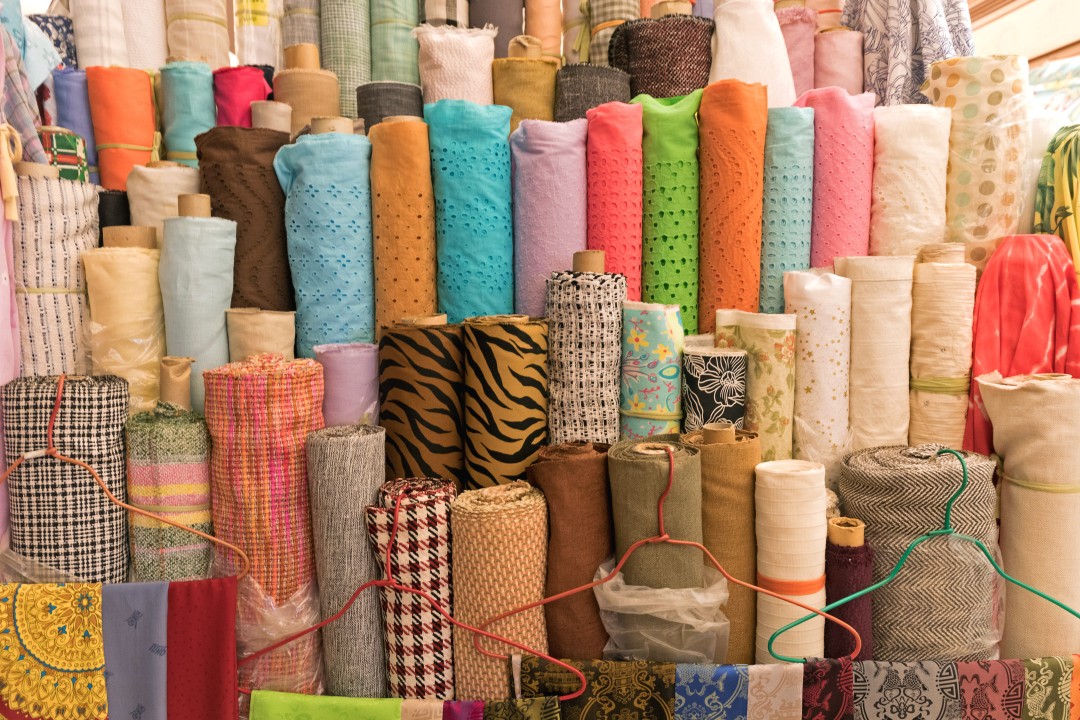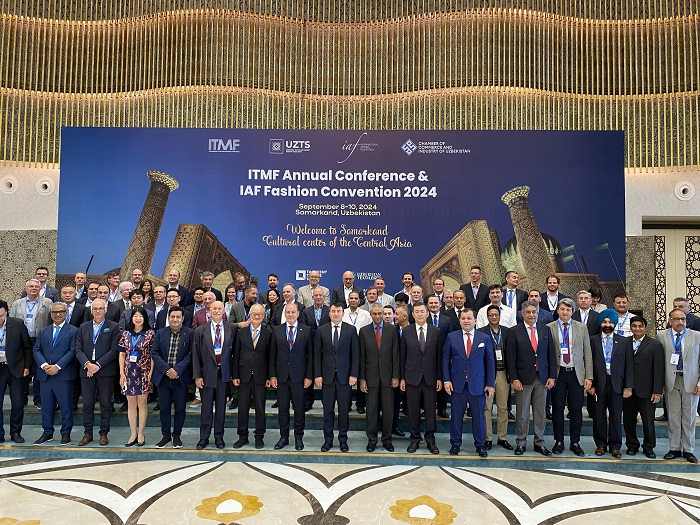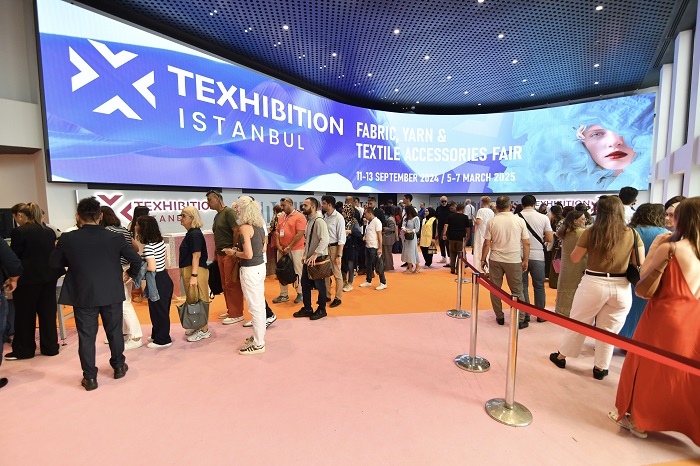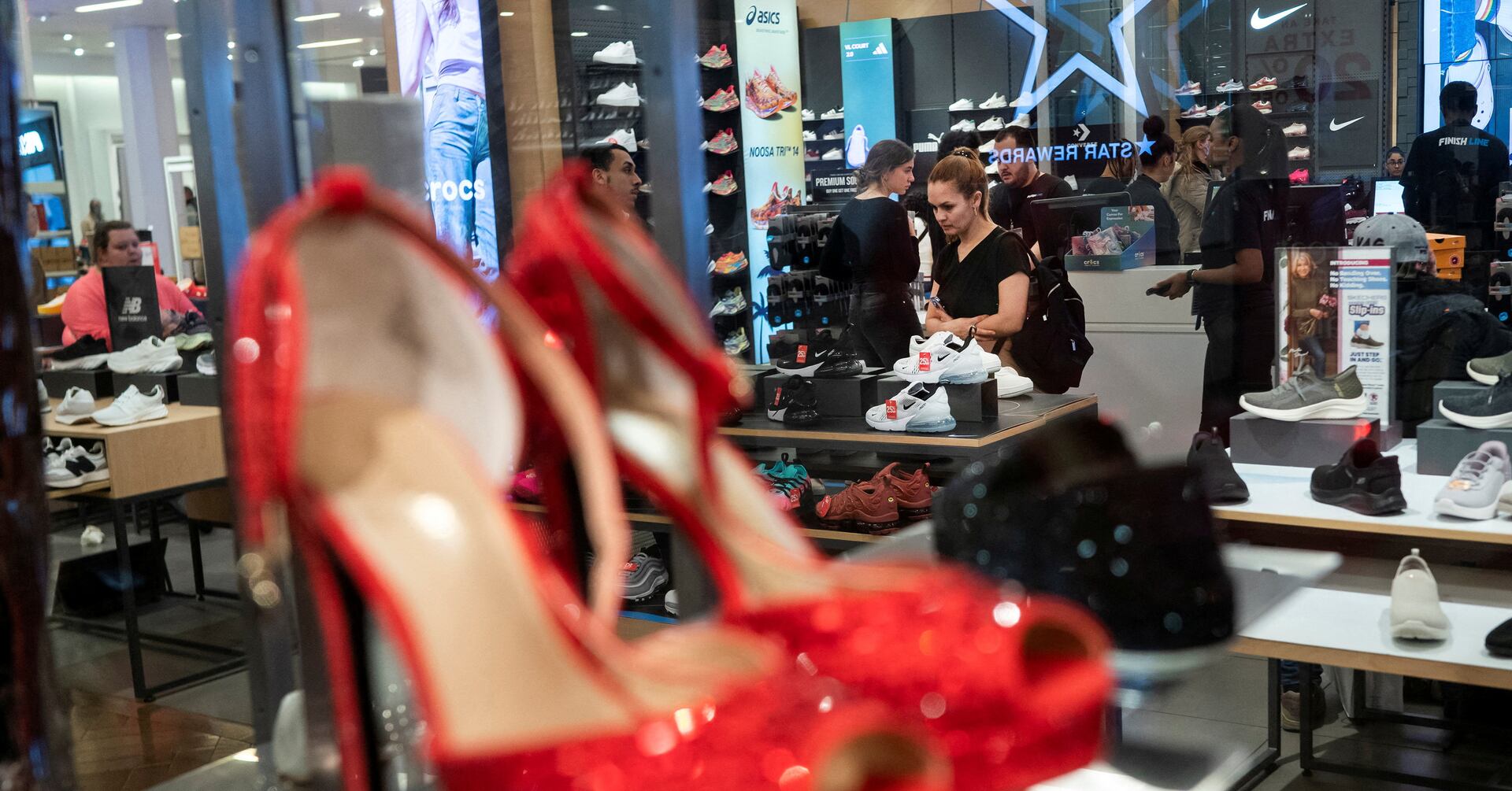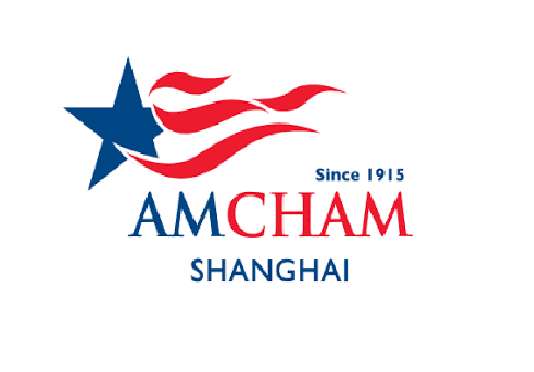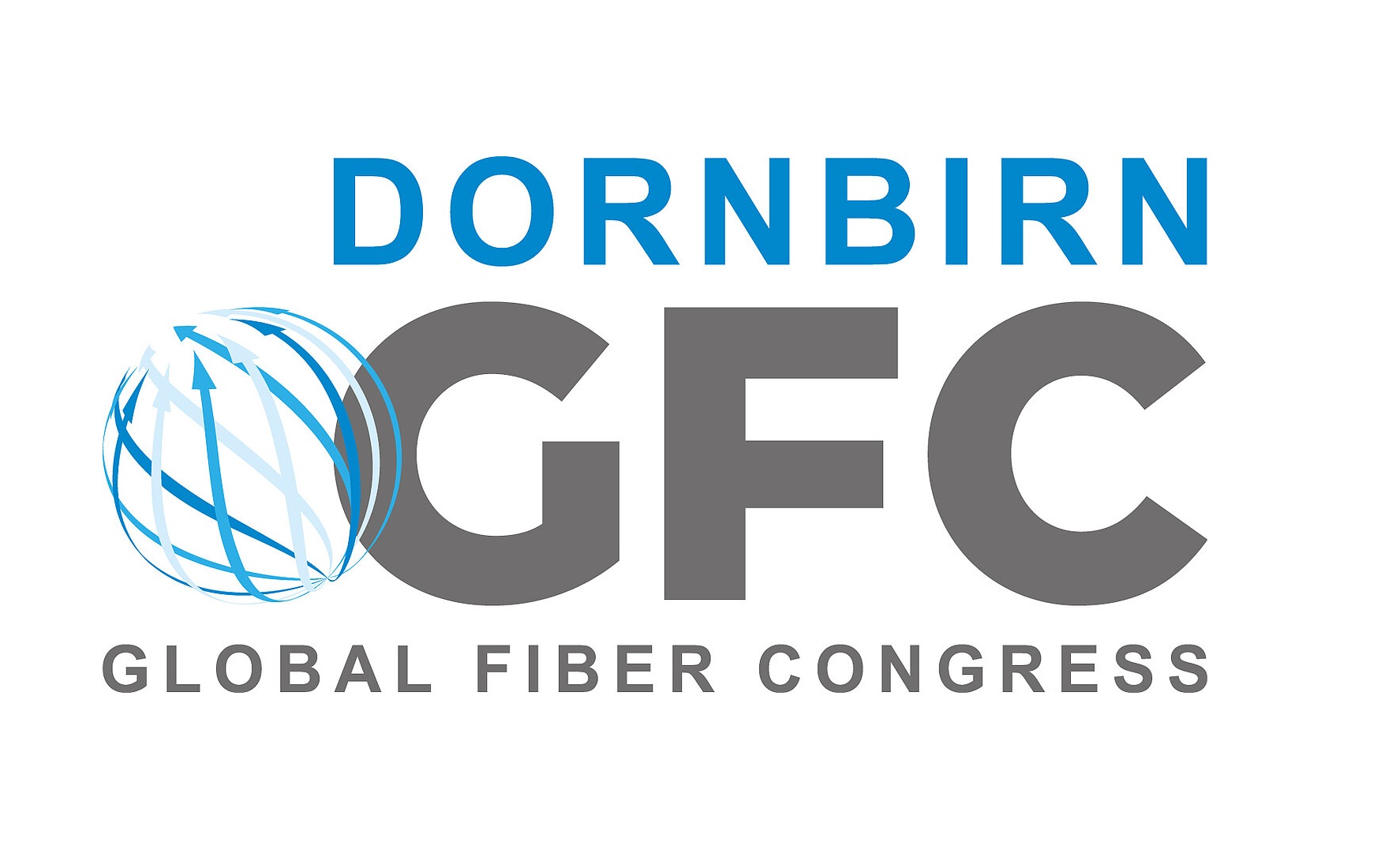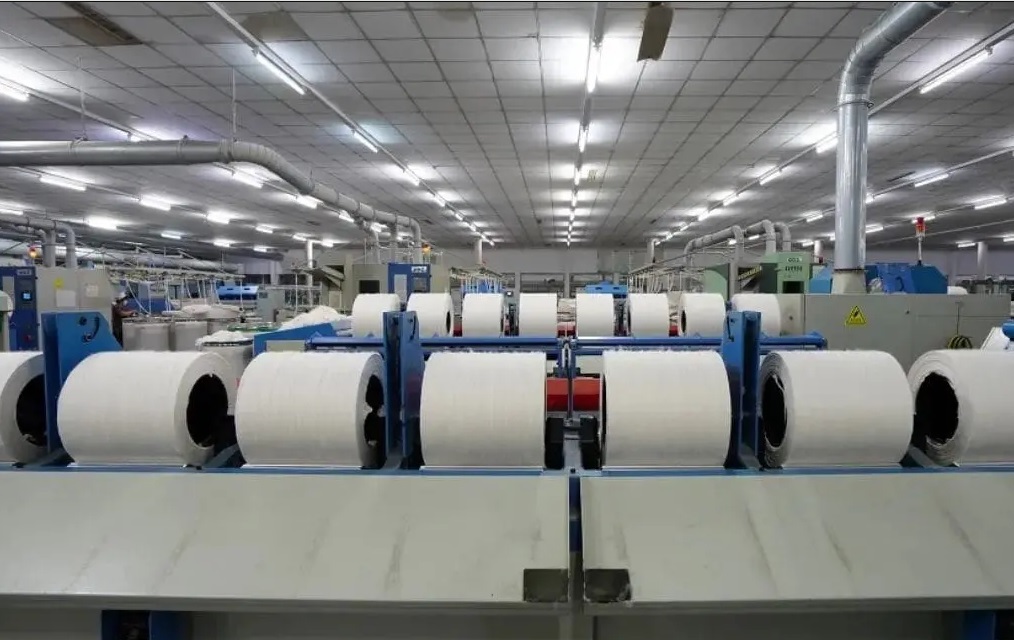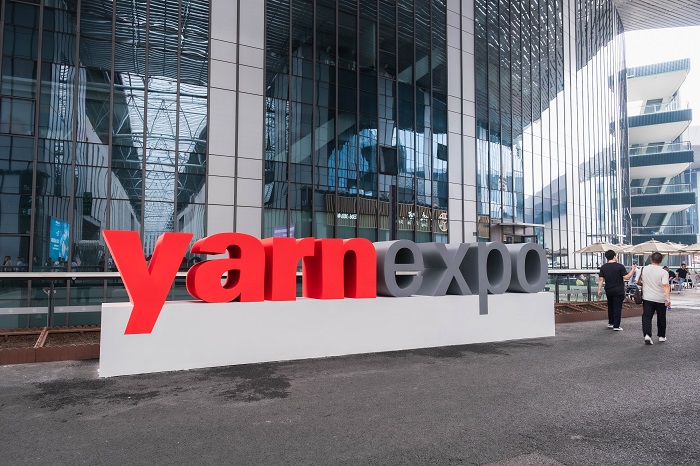FW
The Lenzing Group, a key player in the regenerated cellulose fiber industry, is set for a leadership change. Rohit Aggarwal will take over as CEO on September 1, 2024, following the departure of Stephan Sielaff, who will step down at the end of August by mutual agreement with the Supervisory Board.
Aggarwal brings decades of experience in the textile and chemical industries, with a deep understanding of global markets and strategic development. His extensive experience in Europe, the USA, and Asia positions him well to lead Lenzing through its next phase of growth. Aggarwal is recognized for his expertise in the textile, non-woven, and fiber markets, aligning closely with Lenzing's core business.
Cord Prinzhorn, Chairman of Lenzing’s Supervisory Board, praised Sielaff for his contributions during a challenging period and expressed confidence in Aggarwal’s ability to steer the company forward. Sielaff reflected on his tenure, highlighting the significant improvements made under his leadership.
Aggarwal acknowledged the challenges ahead, emphasizing the importance of continued efforts to drive Lenzing's turnaround and maintain its position as a leader in sustainable textiles. He expressed gratitude for Sielaff’s smooth transition and looks forward to working closely with the Lenzing team to achieve future success.
Martin Shankland has stepped down from his position as thecurrent Head-Global Operations, Adidas AG as the brand continues to shrink its executive board.
Having served Adidas for over 27 years, Shankland, resigned from the company’s board on Aug 10, 2024. Part of his responsibilities are being taken over by Harm Ohlmeyer, Chief Financial Officer, Shankland’s resignation reduces Adidas’ executive board to just four member.
Shankland joined Adidas’ executive board in 2019 under the leadership of Kasper Rorsted, former Chief Executive Officer. He appointment followed a series of crisis for the German company including boycotts in China and the implosion of the now canceled Yeezy partnership with the rapper Ye.
However, the company’s performance rebounded in the past year under the leadership of Bjorn Guiden, CEO, who joined the firm in Jan 2023. Guiden has been responsible for reinventing the company’s management team and overseeing the operations of the brand Adidas.
The Source Home & Gift show, happening from September 1-4, 2024, at NEC Birmingham, will showcase exhibitors from new regions, including Peru, South Korea, and Portugal, along with returning pavilions from the Philippines, Egypt, Nepal, China, and India.
Portugal’s Bioneuro design leads the charge with its innovative integration of biology, neuroscience, and design. Their River collection, blending ceramics and iron, is inspired by riverbanks and aims to foster emotional well-being through design. Each piece is crafted to promote tranquillity and introspection.
From South Korea, Ecomass will present eco-friendly kitchenware and household goods made from sustainable materials like sugarcane and recycled plastic, focusing on green management and sustainability.
Peru’s Sumaq Qara, meaning "Beautiful Leather" in Quechua, supports female victims of terrorism and domestic violence. Founded in 2006, they offer products made from natural fibres such as alpaca and merino wool, using ancestral techniques like embroidery and crochet.
Source Home & Gift 2024 is set to be a key event for the retail community, bringing global manufacturers together with leading retailers, brands, and designers to explore responsible and sustainable sourcing.
Australian fashion retailer, Forever New is enhancing its real-time inventory management, omnichannel order fulfillment and digital-to-store engagement by adopting the OneView Unified Commerce platform. This cloud-native platform offers a comprehensive view of orders, transactions, customers, and inventory, making this data readily accessible to store associates.
Naresh Teckchandani, General Manager –IT, Forever New, says, the OneView Unified Commerce Platform will facilitate seamless customer interactions with the brand through its modern, agile in-store tools and technology. The platform’s composable, API-first architecture provides the flexibility and control necessary to support the brand’s global omnichannel strategy as customer behaviors evolve and the company continues to grow.
Forever New operates in 25 markets and has over 480 retail and concession stores worldwide.
The Cotton Made in Africa (CmiA) initiative has joined the steering committee of the Partnership for Cotton, a new multilateral initiative aimed at promoting sustainable cotton production in Africa. The partnership, founded by the World Trade Organization (WTO) and FIFA, brings together key stakeholders in the cotton industry to support economic development in cotton-producing countries.
Tina Stridde, managing director of the Aid by Trade Foundation (AbTF), expressed enthusiasm for the partnership. She said that CmiA, which AbTF oversees, is thrilled to contribute its expertise to this important initiative. CmiA has a long history of working with small-scale farmers in Africa to promote sustainable cotton production. By joining forces with the Partnership for Cotton, CmiA hopes to help create a more equitable and sustainable value chain for African cotton.
The Partnership for Cotton focuses on West Africa's "Cotton 4" countries (Mali, Chad, Burkina Faso, and Benin) and Côte d'Ivoire. The initiative aims to increase business activity in the processing stages of cotton production, creating new opportunities for local economies. CmiA, with its experience in these countries, will play a crucial role in supporting this goal.
The steering committee of the Partnership for Cotton met in Cotonou, Benin, from June 4-6 to discuss progress and next steps. Members visited an industrial estate where African cotton is processed into textiles, highlighting the potential for growth in the sector.
The partnership's collaboration with CmiA is a significant step towards realizing its vision of a sustainable and prosperous cotton industry in Africa. By working together, these organizations can help to improve the livelihoods of millions of small-scale farmers and promote economic development in the region.
The International Textile Manufacturers Federation (ITMF) has announced the winners of the ITMF Start-up Award 2024. These innovative start-ups will present their innovative business models at the upcoming ITMF & IAF Conference, taking place from September 8-10, 2024, in Samarkand, Uzbekistan. The event is co-hosted by the Uzbek Textile & Apparel Industry Association (UZTS).
The ITMF Start-up Award aims to provide a platform for start-ups to showcase their innovations and connect with established companies across the textile value chain. The 2024 winners, selected for their forward-thinking approaches, include:
RE&UP Recycling Technologies (Netherlands): Specializing in scalable recycling technologies for high-performance fibers, RE&UP is at the forefront of sustainable solutions in the textile industry.
Sci-Lume Labs (USA): Their product, Bylon, is a scalable, melt-spun fiber developed without oil or waste, representing a significant leap towards eco-friendly textile production.
Sycoretec CAS (China): Known for Sycore-Tex, a material using topological softgel for ultra-thermal insulation, Sycoretec is revolutionizing textile insulation materials.
Syre Impact (Sweden): Focused on textile-to-textile recycling, Syre hyperscales the recycling process, pushing the boundaries of sustainability in fashion.
These start-ups will have the opportunity to engage directly with industry leaders, fostering collaboration and driving the future of the global textile industry.
The Ministry of Textiles has launched the National Handloom Development Program and the Raw Material Supply Scheme to promote the handloom sector and support handloom workers across the country.
The National Handloom Development Program provides financial assistance to eligible handloom organisations and workers for a variety of needs, including upgraded looms and accessories, solar lighting units, work shed construction, product and design development, technical infrastructure, and the marketing of handloom products both domestically and internationally.
A part of this program, the Weavers’ Mudra Loan/Concessional Credit Scheme offers margin money assistance to individual weavers and handloom organisations, along with interest subvention and credit guarantee fees on loans for a period of three years. Additionally, it introduces welfare measures for handloom workers include life and accidental insurance coverage and scholarships for their children’s higher education. The scheme also offers financial support to award-winning weavers over 60 years of age who are in indigent circumstances.
The Raw Material Supply Scheme provides transport subsidies for yarn delivery to the doorstep of beneficiaries and a 15 per cent price subsidy on cotton hank yarn, domestic silk, wool, linen yarn, and blended yarn of natural fibers.
This year, on National Handloom Day, celebrated on August 7, 2015, theministry launched the ‘India Handloom’ brand to promote high-quality, environmentally friendly handloom products. The brand has, since launch, issued 1,998 registrations across 184 product categories.
During the COVID-19 pandemic, the ministryalso implemented various measures to support handloom workers, including the AtmaNirbhar Bharat Abhiyaan, a special economic package to boost the economy and making India self-reliant. The package offered relief and credit support measures to eligible weavers and handloom organisations, and states and encouraged UTs to purchase finished inventory from handloom weavers.
Further, the ministry has established 151 Handloom Producer Companies (PCs) across the country to further enhance productivity and marketing capabilities. Additionally, handloom weavers have been onboarded onto the Government e-Marketplace (GeM), allowing them to sell their products directly to various government departments and organisations.
Rabatex Industries launched a new revolutionary Mother Yarn Split Warping machine at the recent SITEX 2024 exhibition in Surat. Set to transform the textile industry, this state-of-the-art machine is engineered for warping polyester and nylon Mother yarn, offering unprecedented efficiency by addressing a crucial market need.
Themachine eliminates the cop winding stage, thereby increasing the productivity of sectional warping machines and reducing associated costs, explains HareshPanchal, Managing Director, Rabatex Industries. It features a creel system with 128 ends, each capable of splitting into 12 or 16 filaments, which are then directly wound onto the beams of the sectional warping machine. This innovation significantly streamlines the process, bypassing the traditional method of winding the split yarn onto a cop before feeding it to the warping machine.
Currently designed to handle 10-20 denier yarns, Rabatex plans to expand the machine's capabilities to accommodate even finer yarns, reflecting the company’s forward-looking approach.
Rabatex was incepted in 1998 in Surat began in 1998. A supplier of sectional warping machines to the first units adopting this technology, the company has since installed over 1,400 machines in the region. Equipped with a 22-member team dedicated to sales and after-sales service, along with a spares stock point, the company offers machines built with top-tier components from Siemens and Mitsubishi, ensuring longevity and minimal maintenance costs.
Looking ahead, Rabatex is focusing on automated storage and retrieval systems, which allow companies to maximise inventory space and automate retrieval processes. These systems, already widely adopted, represent a key growth area for the company.
Having closed the fiscal year 2023-24 with a 40 percent Y-o-Y growth, Rabatex is optimistic about achieving a 25 percent increase in the current fiscal year. With innovations like the Mother Yarn Split Sectional Warping machine and a steadfast focus on quality and customer satisfaction, the company continues to lead the textile machinery industry, poised for ongoing growth and success.
Goodwill Industries International is expanding its role in North American recycling industry by investing in textile and film plastic recycling ‘test kitchens’ across the country.
At its first sustainability summit, held on August 15 in Washington, DC, executives and partners of the organization discussed its efforts to divert more materials from landfills. Known primarily for its thrift stores, Goodwill has increasingly focused on recycling and reusing materials it can’t sell, such as certain textiles, glass, and film plastic.
Emphasising on Goodwill national reach, Steve Preston, CEO, emphasises, the organisation’slocal presence make it well-positioned to lead in recycling. Currently, Goodwill operates through 154 autonomous regional organisations, enabling it to forge local partnerships with recyclers and respond to unique community needs.
For instance,Washionton-based Goodwill has partnered with Trex, a Virginia-based company that recycles plastic bags into decking material. This partnership is a part of a broader initiative where the Association of Plastic Recyclers envisions Goodwill becoming a major aggregator of film plastic, especially in states like Oregon, which recently passed extended producer responsibility (EPR) legislation.
Goodwill has also launched a $2 million traceability study, funded by the Walmart Foundation, to improve transparency and increase diversion of secondhand textiles. This follows a pilot program that found 60 per cent of donated textiles were recyclable. Some Goodwill locations are also experimenting with new uses for unsold textiles, such as producing biochar or creating a branded line of socks.
On the policy front, Goodwill is involved in shaping EPR legislation, particularly in California, where a potential textile EPR bill is under consideration. As Goodwill scales its recycling initiatives, it aims to build infrastructure through partnerships with emerging recycling companies, positioning itself as a crucial provider of feedstock for the growing recycling industry.
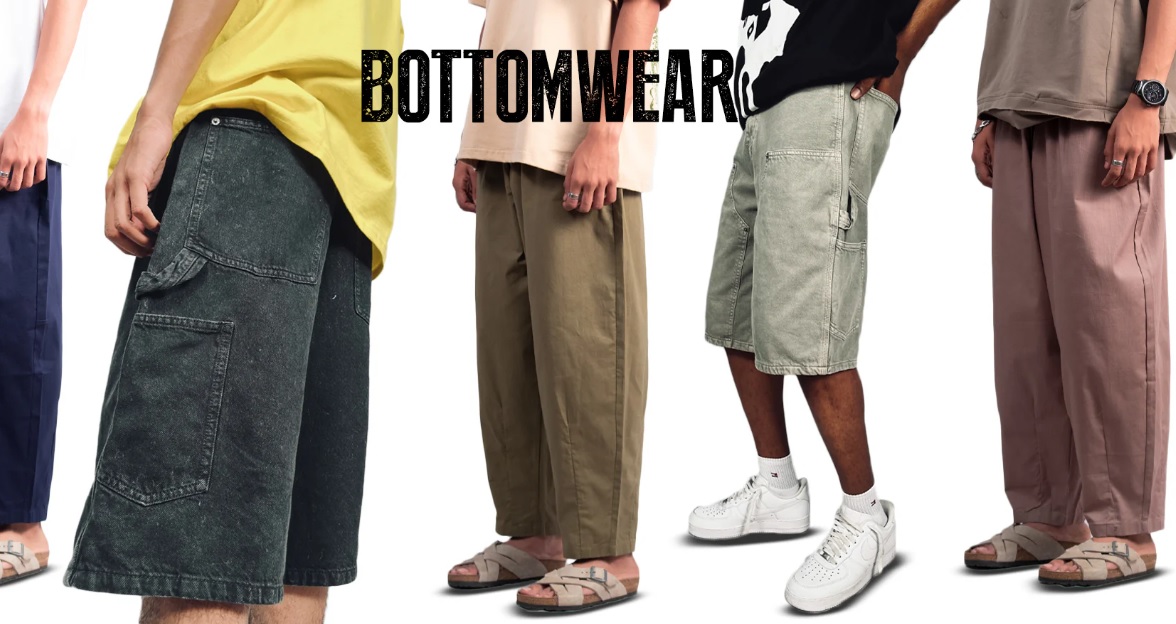
The US bottomwear market, once dominated by denim and athleisure, is undergoing a change. With an estimated value of over $40 billion, this sector is witnessing a shift in consumer preferences, fashion trends, and overall market dynamics.
Recent years have seen a distinct change in the US bottomwear market. American consumers are increasingly moving away from activewear, sweats, and denim, and leaning towards more polished, casual styles like chinos and dressy trousers. This shift has led to a decline in denim sales, the third-largest apparel category in the US, despite the overall apparel market showing signs of improvement.
Denim sales on decline
Valued at nearly $17 billion, denim remains a dominant force in the bottomwear market, but its sales have recently lagged behind the broader apparel market. While the overall apparel sector is showing signs of recovery with projected growth in 2025, denim sales declined by 4 per cent year-over-year in the first quarter of 2024.
The biggest loser in this evolving market is undoubtedly the skinny jean. Once a wardrobe staple, skinny jeans have seen a significant decline in popularity, particularly among mass-market brands. This decline is partly attributed to the rise of looser, more relaxed fits that align with the current "polished, casual" trend. Anincrease in demand for "polished, casual" styles like dressy trousers and casual pants, reflect a broader shift in consumer tastes away from athleisure and denim.
Fashion and trend drivers
The rise of "polished, casual" wear underscores a growing desire for versatile clothing that bridges the gap between formal and casual attire. As workplaces become more relaxed and social events embrace a less rigid dress code, consumers are seeking bottomwear that offers comfort and style, suitable for a variety of occasions.
Key takeaways
• Diversification of styles: The bottomwear market is becoming increasingly diverse, with over 60 different combinations of rises and leg fits driving sales volume. This offers consumers greater choice but poses challenges for brands in terms of inventory planning and assortment management.
• The rise of premium denim: Premium and designer denim brands are outperforming the overall denim market, highlighting a growing preference for high-quality, on-trend styles.
• Impact of footwear trends: Footwear trends play a crucial role in shaping the bottomwear market. The resurgence of high shaft boots, for instance, could influence the demand for certain denim styles like skinny jeans.
Meanwhile, the enduring popularity of premium and designer denim brands like Agolde, Frame, and Mother highlights a growing preference for high-quality, trend-forward denim. These brands have successfully navigated the changing market by swiftly moving away from skinny jeans and embracing a wider range of silhouettes.
The US bottomwear market thus is undergoing a change, driven by evolving consumer preferences, shifting fashion trends, and the growing demand for versatile, comfortable clothing. While denim remains a significant player, its dominance is being challenged by the rise of "polished, casual" styles. The key to success in this changing landscape lies in understanding consumer needs, adapting to emerging trends, and offering a diverse range of high-quality products that cater to various tastes and lifestyles.


